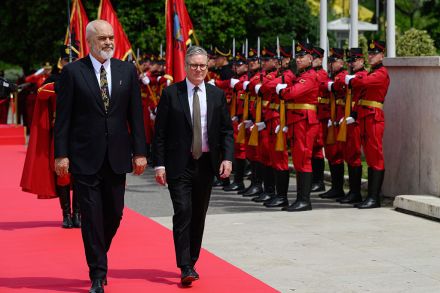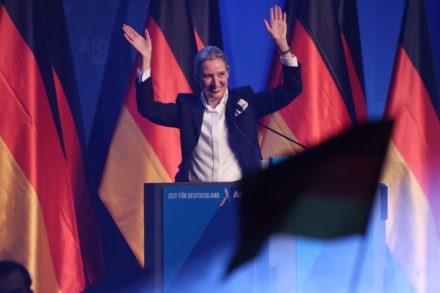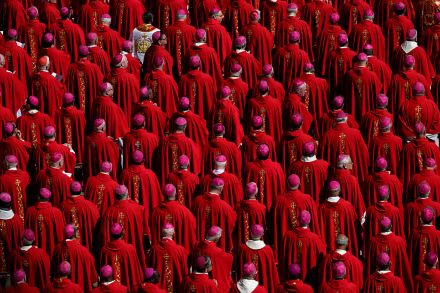Will Gibraltar get in the way of Starmer’s EU reset?
For years, the UK, Spain, Gibraltar and the European Union have been negotiating, on and off, to resolve the complex issue of Gibraltar’s post-Brexit land border with Spain. Now, ahead of next week’s meeting in London when Keir Starmer welcomes EU leaders to discuss a ‘reset’ in UK-EU relations, Spain’s Foreign Minister, José Manuel Albares, has brought ‘the Gibraltar issue’ firmly back into the spotlight. Referring to the planned reset, which covers a wide range of issues including defence and security, fishing and British exports, Albares told the BBC’s Newsnight programme, ‘There are many, many things we need to talk [about], Gibraltar included.’ Emphasising that the relationship between the UK and





















